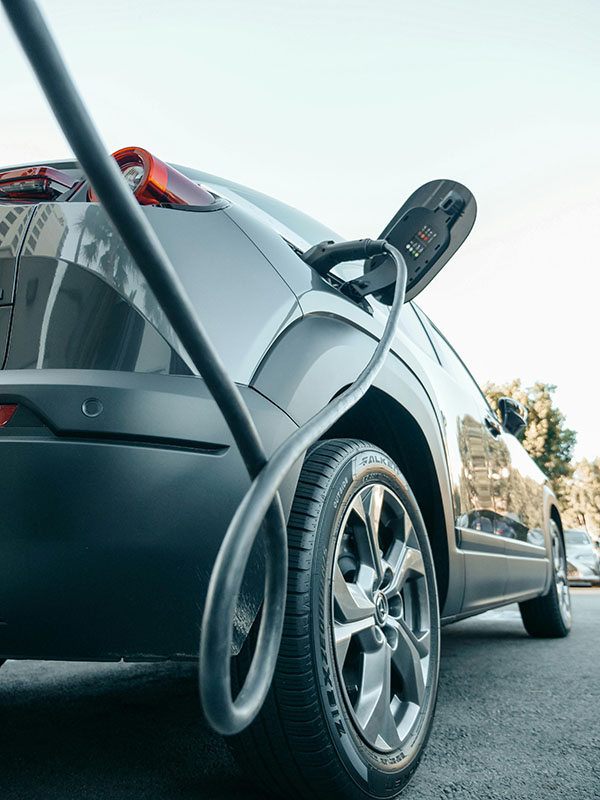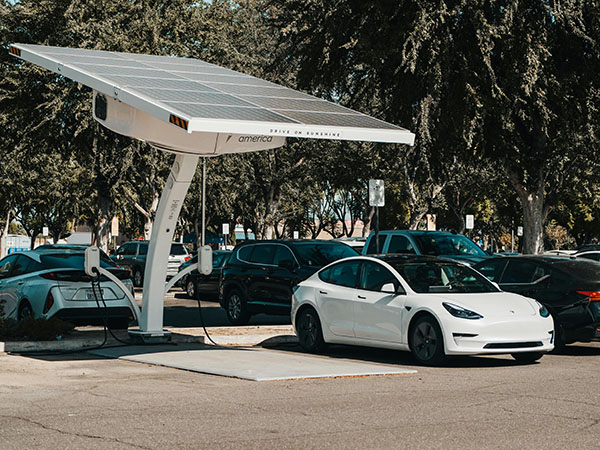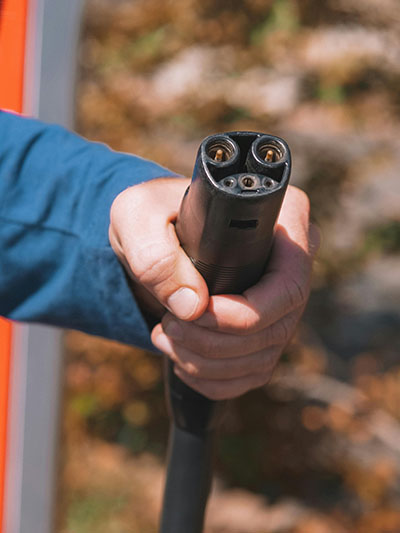Tires Designed for Electric Vehicles:
Enhancing Efficiency, Performance, and Durability
Electric vehicles (EVs) have transformed the automotive landscape with their instant torque, silent operation, and eco-friendly credentials. However, these advantages come with unique challenges for one of the most critical components of any car: the tires. Traditional tires, optimized for internal combustion engine (ICE) vehicles, often fall short when paired with EVs due to the latter's heavier weight, rapid acceleration, and emphasis on energy efficiency. As a result, tire manufacturers have developed specialized EV tires to address these demands, improving range, reducing noise, and extending tire life.
Why Do Electric Vehicles Need Special Tires?
EVs differ significantly from conventional cars. They typically weigh 20-50% more due to heavy battery packs, which increases the load on tires and accelerates wear. The instant torque from electric motors can cause tires to spin and degrade faster, especially during quick starts. Additionally, since EVs produce minimal engine noise, road and tire sounds become more noticeable in the cabin, making noise reduction a priority. Finally, to maximize battery range, tires must minimize rolling resistance—the force that opposes motion when the tire rolls on the road.
Tire makers like Michelin, Bridgestone, and Goodyear have responded by engineering EV-specific tires with advanced materials and designs. These tires aren't just rebranded versions of standard models; they're built from the ground up to handle EV characteristics. For instance, they use specialized rubber compounds that balance grip with low energy loss, and some incorporate foam inserts to dampen noise.

Key Features of EV Tires
EV tires incorporate several innovations to meet the demands of electric propulsion:
- Low Rolling Resistance: This is crucial for extending range. EV tires use silica-rich compounds and optimized tread patterns to reduce friction, potentially adding 5-10% more miles per charge. For example, Hankook's Ion Evo AS features a compound designed specifically for efficiency without sacrificing handling.
- Noise Reduction Technology: Many EV tires include polyurethane foam liners or specialized tread designs to absorb vibrations and road noise. Michelin's EV-ready tires, for instance, use acoustic dampening foam to keep the cabin quiet.
- Higher Load Capacity and Durability: To support the extra weight, EV tires have reinforced sidewalls and stronger constructions. This helps prevent premature wear from torque and heavy loads. Bridgestone's Turanza EV, tested in 2024 comparisons, excelled in smoothness and responsiveness while handling EV-specific stresses.
- Sustainable Materials: With sustainability in mind, some tires incorporate recycled or bio-based materials. Goodyear's ElectricDrive 2 uses at least 50% sustainable components, including soybean oil and rice husk silica.
- Wet and Dry Performance: EV tires maintain strong grip in various conditions, often with asymmetric tread patterns for better water evacuation and cornering stability.
These features ensure EV tires not only perform better but also align with the environmental ethos of electric mobility.

Benefits and Drawbacks
The advantages of EV-specific tires are clear. They can improve range by reducing energy loss, enhance comfort through quieter rides, and provide better handling under high torque. In tests by Tire Rack and Consumer Reports, EV-tuned tires like the Pirelli P Zero AS Plus ELECT outperformed non-EV equivalents in wet braking and ride quality. Owners report longer tire life in some cases, though overall wear remains higher due to EV weight—typically 20-30% faster than on ICE vehicles.
However, drawbacks exist. EV tires are often more expensive, costing 10-20% more than standard tires, and availability in certain sizes can be limited. While not strictly necessary—any tire meeting load and speed requirements works—experts recommend EV-specific ones for optimal performance. On X (formerly Twitter), users discuss faster wear on non-EV tires, with some preferring hybrids for longevity.
Popular EV Tire Models in 2025
As of 2025, several standout tires dominate the market, based on expert reviews from MotorTrend, Consumer Reports, and Tire Reviews:
| Brand | Model | Key Strengths | Best For |
|---|---|---|---|
| Michelin | Pilot Sport EV | Excellent wet/dry grip, noise reduction, long wear | Performance EVs like Tesla Model S Plaid |
| Hankook | Ion Evo AS / Ion Evo AS SUV | Low rolling resistance, balanced handling, affordability | SUVs and crossovers like Rivian R1S |
| Bridgestone | Turanza EV | Quiet ride, durability, all-season versatility | Daily drivers like Ford Mustang Mach-E |
| Goodyear | ElectricDrive 2 | Sustainable materials, improved wet grip, longer tread life | Tesla Model 3/Y |
| Pirelli | P Zero AS Plus ELECT | High torque handling, foam for noise, all-season | Luxury EVs like Porsche Taycan |
| Continental | EcoContact 6 | Ultra-low resistance for max range, eco-friendly | Efficiency-focused like Hyundai Ioniq 5 |
| Yokohama | ADVAN Sport A/S EV | Responsive steering, wet performance | Sporty models like Polestar 2 |
In 2025 tests, the Hankook Ion Evo AS topped charts for overall EV performance, while Michelin's Primacy 5 excelled in wet conditions. For all-terrain needs, Toyo's Open Country AT3 EV variant offers ruggedness with minimal range penalty, as noted in user discussions.
